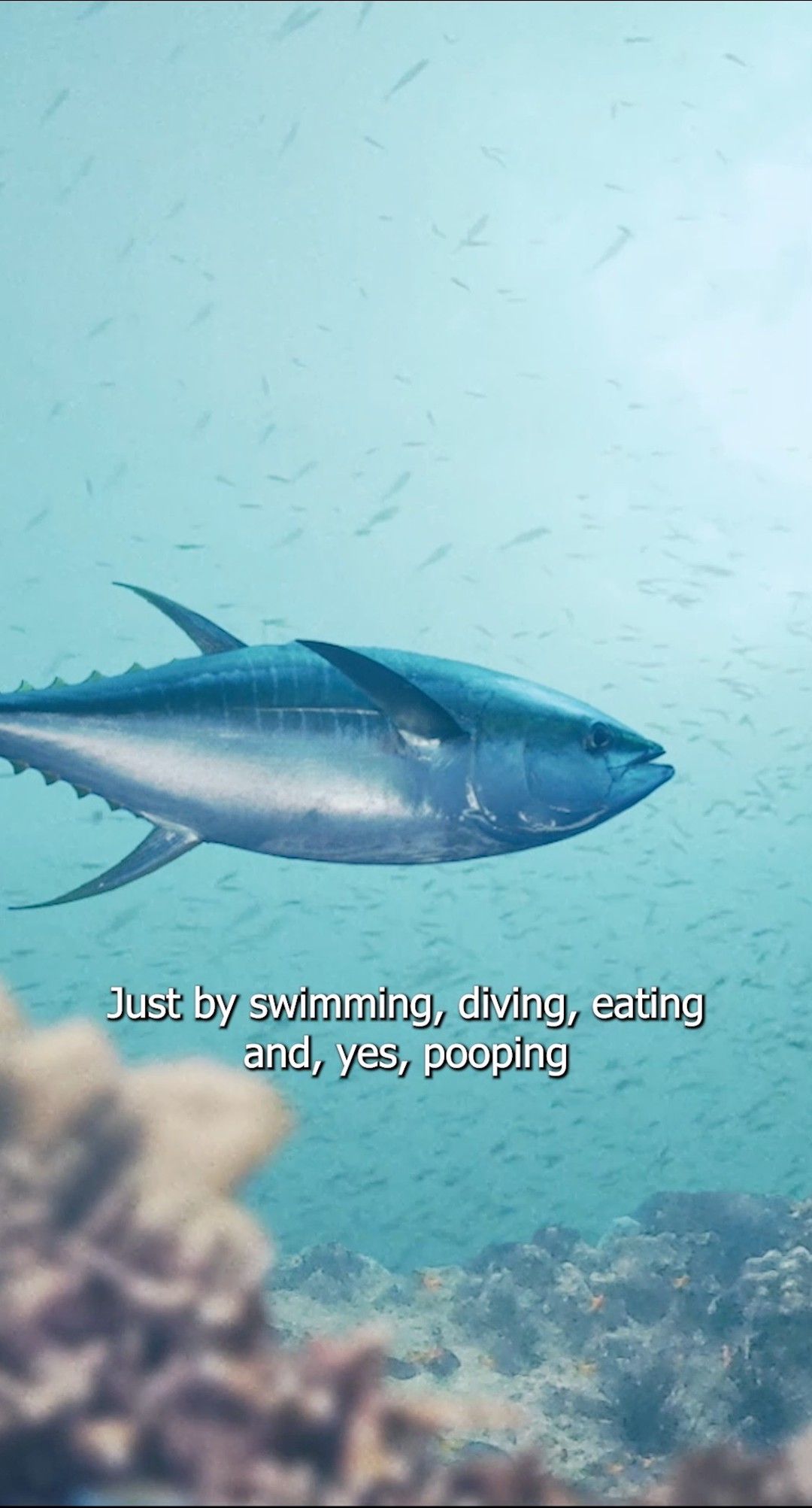- Tuna play a crucial role in maintaining the balance of ocean ecosystems and climate regulation.
- Overfishing poses a significant threat to tuna populations and, by extension, marine biodiversity and food security.
- Sustainable fishing practices and responsible consumption are essential to allow tuna populations to recover.
- Tuna is a critical food source for millions, offering vital nutrients necessary for human health.
- Immediate action is needed to ensure the future sustainability of tuna and the broader marine environment.
Tuna are more than just a staple of culinary dishes like sushi and canned products. These remarkable fish hold a vital position in the marine food web and significantly affect global marine health. Beyond their importance in gastronomy, tuna species like the bluefin, yellowfin, and albacore aid immensely in the ecosystem’s balance and even contribute to the stability of our global climate.
Tunas are apex predators, meaning they are at the top of the food chain and play a significant role in controlling the populations of species below them, maintaining healthy oceans. A decrease in tuna populations due to overfishing can lead to an imbalance, where smaller fish, on which tuna prey, may proliferate. This overabundance can cause a shift in the ecosystem, affecting coral reefs, seagrass beds, and other ocean habitats that rely on a balanced fish population to thrive.
Beyond balancing fish populations, tuna are excellent swimmers and cover vast distances in their lifetime. This constant swimming helps redistribute nutrients across the ocean, supporting diverse marine life. Moreover, some tuna species can live for several decades, contributing to long-term stability within their habitats. Their migration patterns help disperse eggs and larvae, aiding genetic diversity and resilience among ocean species.
The impact of tuna goes beyond the water; they play a critical role in the Earth’s biogeochemical cycles, particularly in carbon sequestration. By feeding on smaller fish and excreting nutrients, tunas help facilitate the ocean’s capacity to remove carbon dioxide from the atmosphere, indirectly fighting climate change.
Despite their importance, tuna face significant threats primarily from overfishing. The demand for tuna products has surged, and aggressive fishing has led to a worrying decline in their populations. The methods of capturing tuna, particularly methods like purse seining and longlining, often result in bycatch of non-target species, including dolphins, turtles, and sharks, further disrupting oceanic ecosystems.
Efforts to manage tuna stocks are underway, with global treaties like the International Commission for the Conservation of Atlantic Tunas (ICCAT) and sustainable certification bodies actively working to regulate fishing practices. These treaties aim to limit catches and encourage the use of more sustainable fishing methods. However, compliance and enforcement remain challenging, especially in international waters where illegal fishing activities often occur without consequence.
Consumers also bear a significant responsibility in reducing overfishing. By choosing sustainably caught tuna certified by organizations like the Marine Stewardship Council (MSC), people can support healthier oceans. Labels indicating ‘pole-and-line caught’ also signal more sustainable practices compared to larger, more indiscriminate fishing operations.
In addition to being ecologically significant, tuna is a nutritive powerhouse. Rich in omega-3 fatty acids, proteins, and essential vitamins such as vitamin D and B vitamins, tuna provides crucial dietary benefits for millions globally. Omega-3s are known for their role in brain health and preventing cardiovascular diseases, making them essential in many diets, particularly in regions with limited access to diverse meat proteins. Micronutrients in tuna also support robust immune systems and are crucial in childhood development.
While humans depend on tuna for nutrition and economic benefit, ensuring its availability for future generations is imperative. Initiatives focusing on responsible consumption and improved fishing practices promise a more sustainable approach to utilizing this crucial resource.
Time is of the essence. Steps to mitigate overfishing, promote sustainable consumption, and support marine conservation efforts can stabilize tuna populations. As apex predators, their presence is integral to the health of marine ecosystems and the fight against climate change. Immediate and cooperative actions globally can ensure that tuna, and the myriad of life they support, thrive for generations to come.
Tuna are not just delicious components of our meals; they are key players in the planet’s ecological balance and in sustaining human life. Conserving them is not merely an environmental necessity; it is also a societal responsibility to foster a healthier planet for all.
*****
Source Description
When you think of tuna, do you think of 🐟 or 🍣?
Tuna help maintain the health of our ocean – and even our climate – all while feeding millions of people 🌊🌎👨👩👧👦
We need to allow tuna populations to recover from overfishing 🎣 Fish will continue to be a part of our diets, but how we catch them and how much we consume matters.
If we act now, we can fix this.


